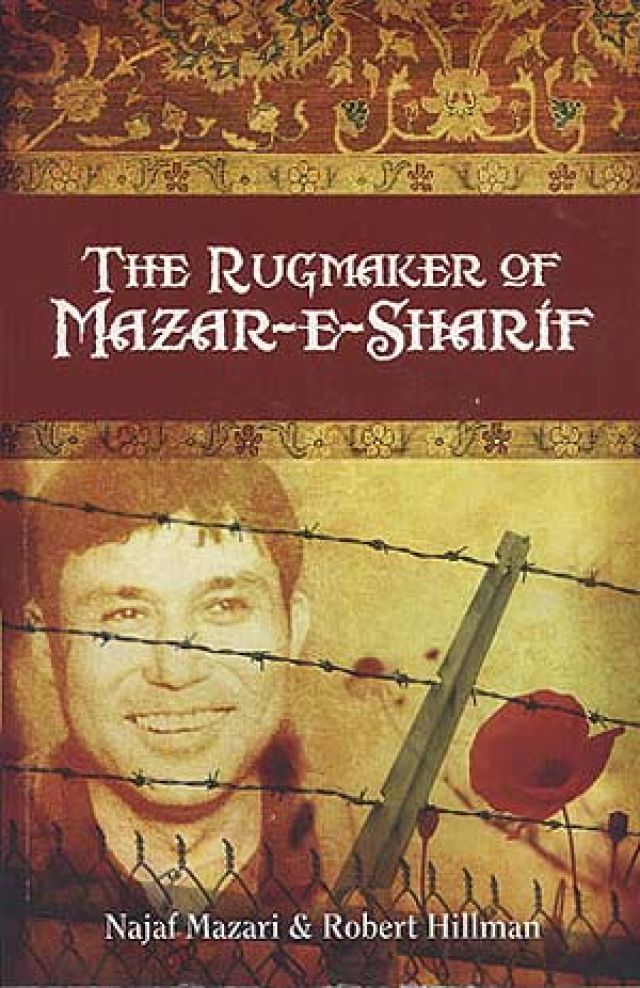
Najaf Mazari, an Afghan refugee, rug-maker and author addressed a meeting of about 70 people at the Eltham College in Melbourne on May 17.
He described his life in an Afghani village and his journey to a new life in Australia, including his time in a detention centre. The event was organised by the Diamond Valley Oxfam group and supported by the Eltham bookshop.
Mazari fled Afghanistan in 2001 after a rocket hit his home, where he had lived in the north of Afghanistan in Mazar-e Sharif. The war and the dangers of being a member of the Hazara ethnic group, which is targeted by the Taliban, drove him to this desperate decision.
He has recorded his story in a book he co-authored in 2008 called The Rugmaker of Mazar-e-Sharif. He has co-authored a second book in 2011 called Honey Thief, which includes Afghan fables, folklore and history.
Mazari learned rug-making as a child and since coming to Melbourne he has established a successful antique business in Prahran, selling rugs.
Through his charitable activities he helps recently settled refugees in Australia and maintains his links to his homeland. He has established a development fund — the Masawat Development Fund — which has already purchased a heavy-duty four-wheel drive ambulance for his home village of Chakent.
His village lacks health services and villagers formerly had to travel at least 14 hours by donkey to the nearest hospital. The ambulance has cut this time to 40-50 minutes, which, he said was particularly important for pregnant women. He believed an ambulance could have saved the lives of his two family members, who died as a result of the rocket hit on his home.
Chakent has no television, so villagers get no news about the world which is a factor in the lack of education. Understanding this, Mazari’s next project will be to start a co-educational school. He stressed the importance of education for women and he believes that when women are educated, children receive education too.
Despite a difficult start in Australia — he had no English skills, no friends or family and a total of $250 — he eventually made a new life for himself and his wife and daughter.
[Donations to the Masawat Development Fund are gratefully received. Please email [email protected].]